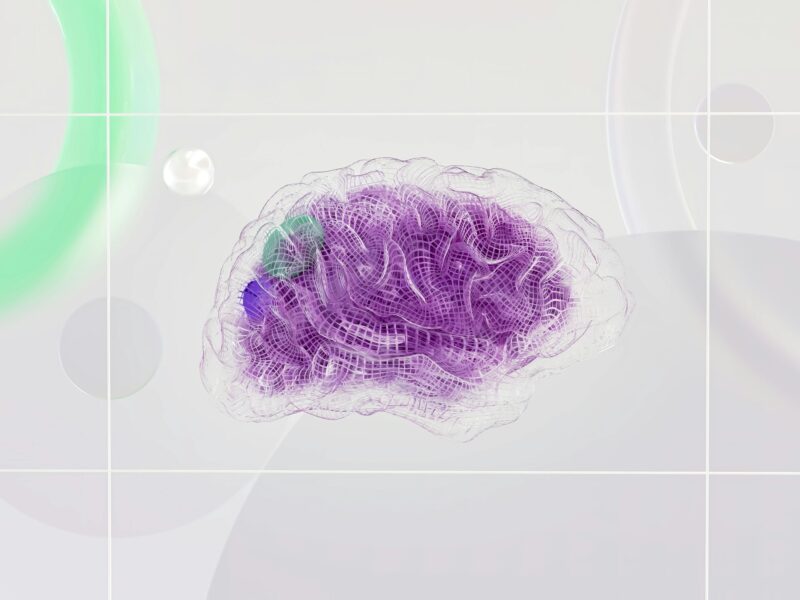Quantum theory is a fascinating area of study that reshapes our understanding of the universe at the smallest scales. It reveals a world where particles can exist in multiple states simultaneously, where measurement affects outcomes, and where classical physics no longer holds sway. This intricate theory underpins various advanced technologies, hinting at potential breakthroughs in computing and cryptography.
What is quantum theory?
Quantum theory, also known as quantum mechanics, is the fundamental framework of modern physics that describes the behavior of matter and energy at the subatomic level. It encompasses several core concepts, including the behavior of particles such as electrons and photons, as well as phenomena like wave-particle duality and superposition. Understanding quantum theory allows us to explore the underlying principles that govern the universe’s fundamental building blocks.
The historical development of quantum theory
The journey of quantum theory began in the early 20th century, marked by significant contributions from various scientists. Each breakthrough paved the way for our current understanding of quantum mechanics.
Founding principles
In 1900, Max Planck introduced the concept of quantization, suggesting that energy is not continuous but rather emitted or absorbed in discrete units called quanta. This marked the birth of quantum theory, igniting a series of revolutionary ideas.
Significant milestones in quantum theory
In 1905, Albert Einstein extended Planck’s work to include radiation, illustrating that light can behave as both a particle and a wave. This idea set the stage for future advancements. By 1924, Louis de Broglie proposed that matter also exhibits wave-like properties, introducing the principle of wave-particle duality. Then, in 1927, Werner Heisenberg highlighted fundamental limits in measuring physical properties, known as the uncertainty principle. These milestones collectively reshaped our view of physics.
Interpretations of quantum theory
As quantum theory evolved, various interpretations emerged to explain its implications and phenomena. Understanding these interpretations helps illuminate the complexities of quantum mechanics.
Copenhagen interpretation
The Copenhagen interpretation, formulated by Niels Bohr and Werner Heisenberg, posits that particles exist in a state of superposition until measured. This interpretation introduced key concepts like the measurement problem, which observes how measurement collapses a particle’s wave function into a definite state. The double-slit experiment exemplifies this phenomenon, demonstrating the dual nature of particles.
Thought experiments
One of the most famous thought experiments, Schrödinger’s cat, illustrates the paradoxes of superposition and measurement. In this scenario, a cat in a sealed box is simultaneously alive and dead until observed, reflecting the puzzling nature of quantum states.
Many-worlds theory
The many-worlds theory, proposed by Hugh Everett III in 1957, suggests that all possible outcomes of quantum measurements occur in parallel universes. This interpretation implies that every quantum event branches into multiple realities, offering a radical perspective on existence and determinism. Esteemed physicists like Stephen Hawking have contributed to this idea, exploring its implications for understanding the cosmos.
Importance and applications of quantum theory
Quantum theory is not only fundamental to our comprehension of the universe but also central to various advancements in technology and science.
Significance in modern physics
The interplay between quantum mechanics and relativity forms a cornerstone of modern physics. Together, they enhance our understanding of the universe, from the behavior of subatomic particles to the structure of galaxies.
Advancements through quantum mechanics
Quantum computing is one of the most promising applications of quantum mechanics. By leveraging the principles of superposition and entanglement, quantum computers can perform computations much faster than classical computers. This capacity has the potential to revolutionize fields like cryptography and optimization.
Emerging fields
Quantum theory has spurred the development of several emerging fields, including:
- Quantum optics: Study of light’s quantum properties.
- Quantum chemistry: Application of quantum mechanics to chemical systems.
- Quantum cryptography: Utilizing quantum mechanics for secure communication.
- Quantum batteries: Potential technologies for efficient energy storage.
Future considerations in quantum theory
As research in quantum theory progresses, innovations are anticipated, particularly in quantum computing and secure communication systems. Qubits, the fundamental units of quantum information, play a crucial role in the advancement of quantum computing. They allow for quantum key distribution, providing a theoretically unbreakable method of secure communication.

